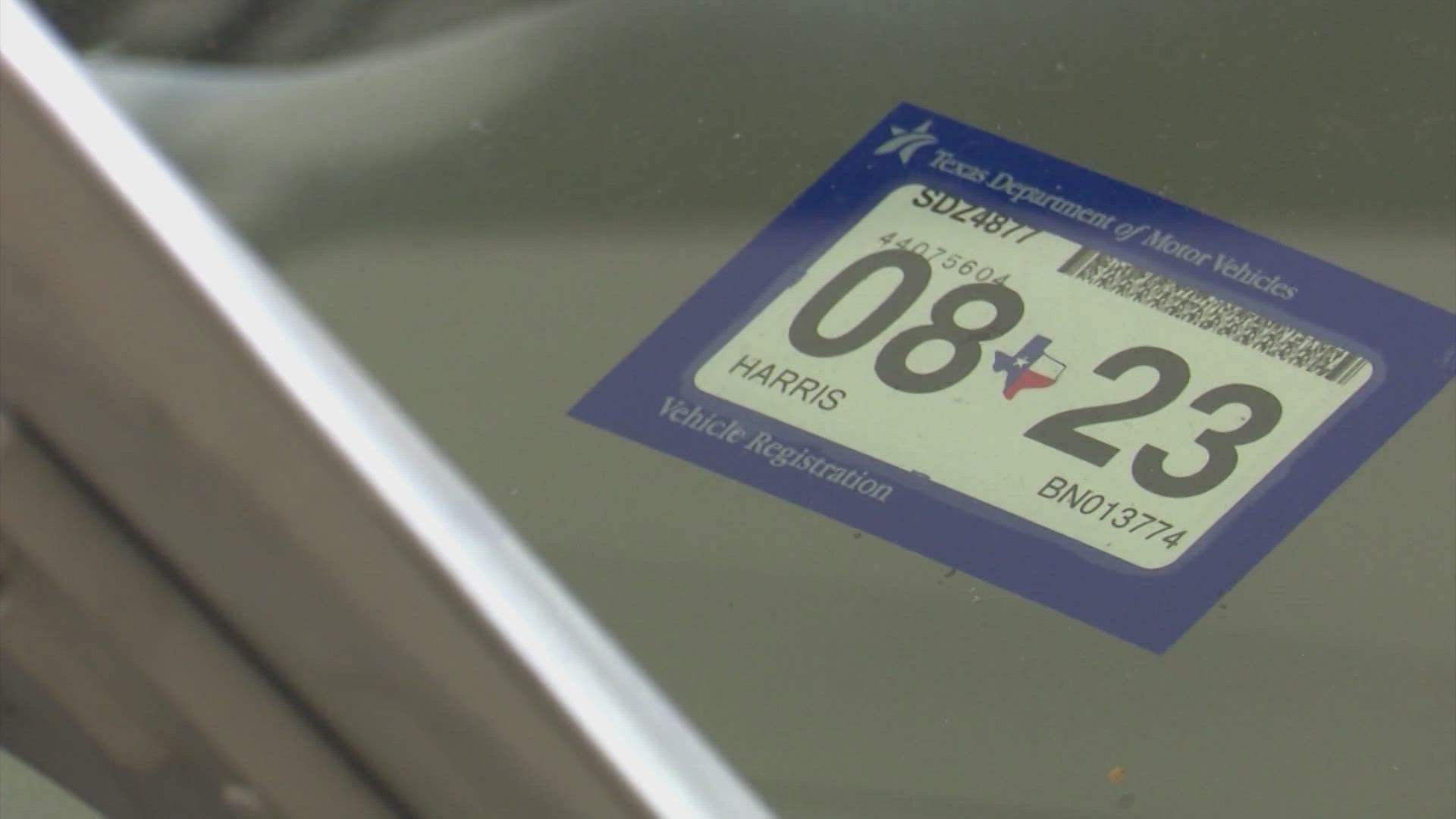HOUSTON — Our electricity bills are likely headed up – powered by significant increases in wholesale electricity prices that will show up in our bills, sooner or later. For that reason, let’s look at how the electricity market works here in Texas.
When we sign up with an electricity retailer, such as Reliant Energy, TXU, Frontier Energy, or Champion Energy, lots of things happen before you get your electricity. Retailers don’t generate electricity, so they must either enter into contracts with independent electricity generators, such as NRG, or buy it on “the wholesale market” from a government entity called ERCOT, the Electric Reliability Council of Texas.
Of course, while the electricity generators have the electricity, they don’t have the ability to get their electricity to us – hence the need for transmission companies and distribution companies, like CenterPoint Energy, all of whom add their own charges to our electricity bills. The charges from the transmission companies and distribution companies are set with the approval of the PUCT or Public Utility Commission of Texas to give these companies a guaranteed profit. So when we buy electricity, that electricity is produced by generators, transported by transmission companies, and delivered to our homes and businesses by a distribution company like CenterPoint.
If our retail electricity provider can buy its electricity at a lower price than they charge us, they make money. If they don’t, they lose money. Because retailers don’t know exactly how much electricity we are going to use, or when, they must enter into contracts with generators at prices based upon projections of demand. If those projections are wrong and more electricity is needed, they must buy the excess from ERCOT’s wholesale market, which is subject to day-to-day fluctuations. If retailers need to buy when demand is up (such as during a cold spell or a heat wave), they will have to pay a high price—perhaps as much as 100 times the average electricity price, which has happened several times this summer. In extreme situations, retailers can go out of business if they pay more in the wholesale market than they collect from us in the retail market.
If the retailer goes out of business, customers may lose their deposits and must find a new provider – probably at a higher rate. Because the owners of the retail provider usually have very little capital invested, they may come out mostly unscathed and go on to form a new retail company to sell electricity under a new name.
Ultimately, we the consumers end up paying not only for the electricity we use but also for the missteps of the retailers. For example, almost every bill in the ERCOT service area includes a surcharge to pay for the losses in the ERCOT market due to the February 2021 freeze.



